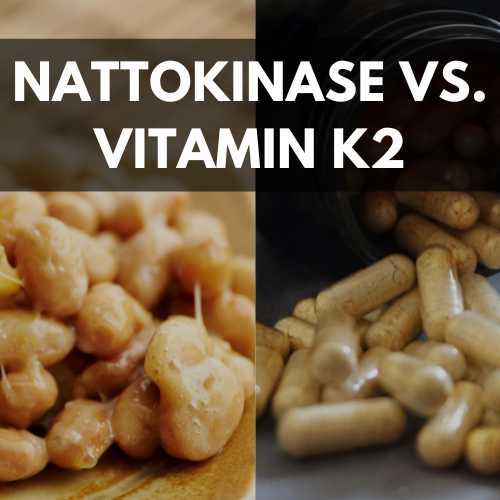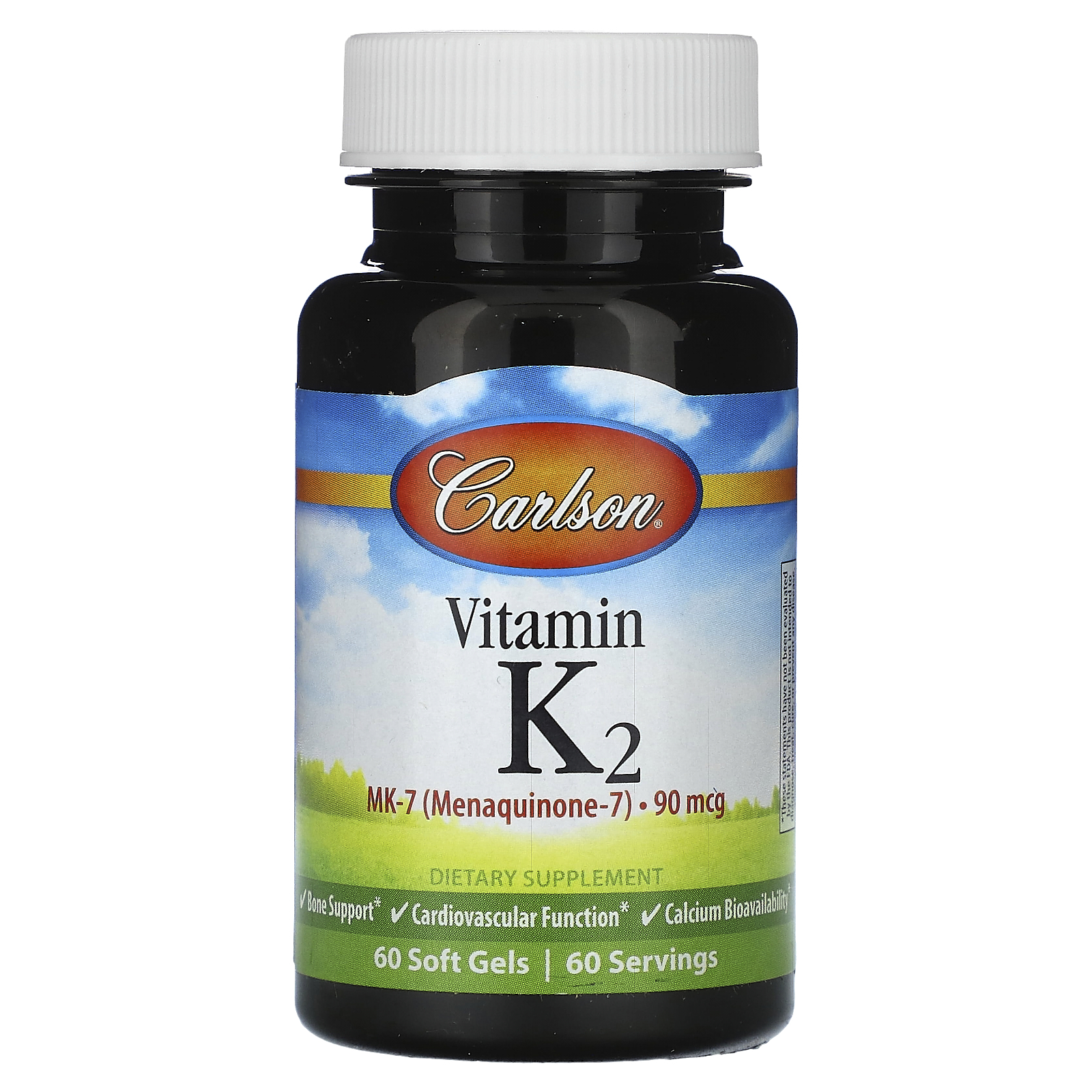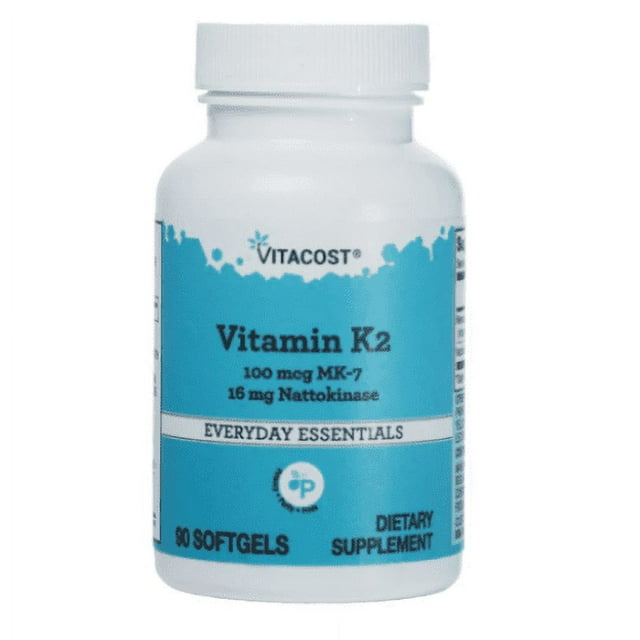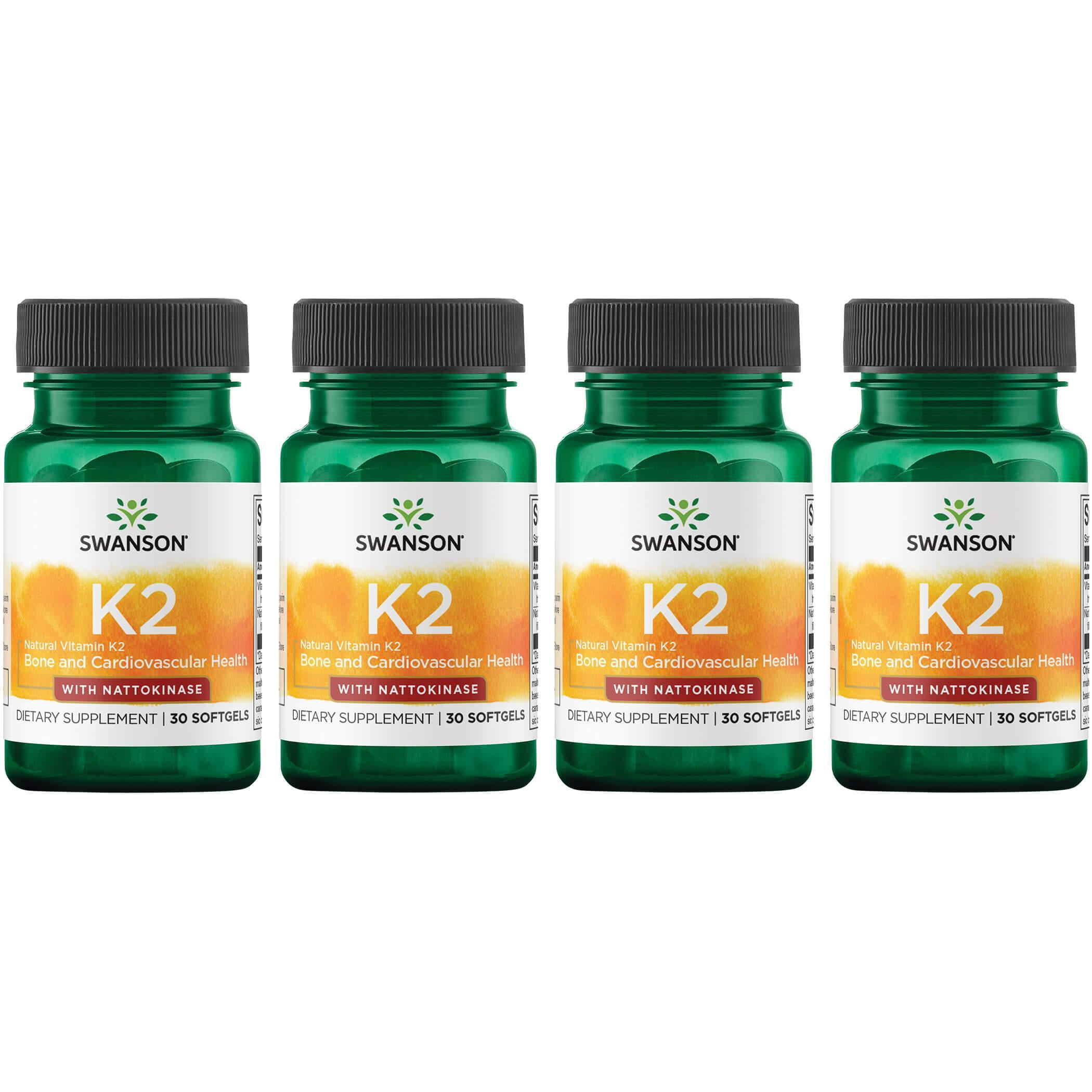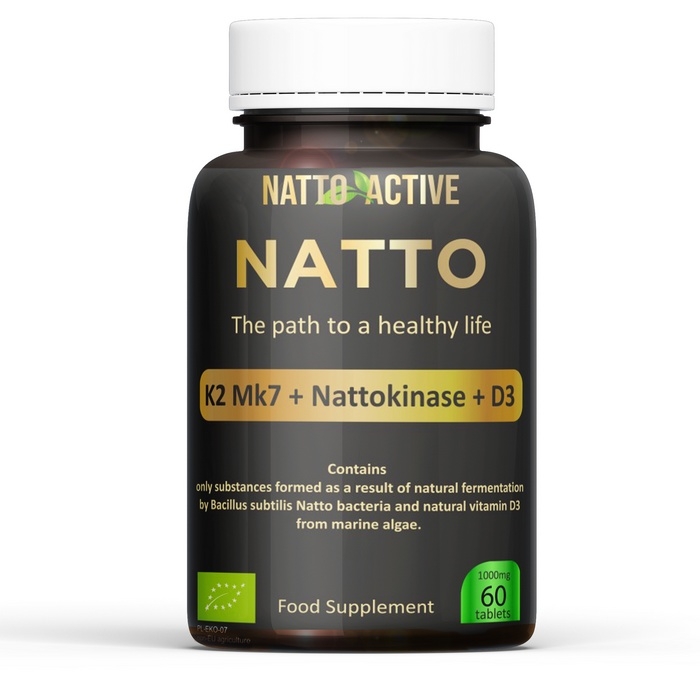Can You Take Nattokinase And Vitamin K2 Together

Imagine sunlight streaming through your kitchen window as you prepare a vibrant smoothie. You're adding all sorts of beneficial ingredients – spinach, berries, maybe even a scoop of protein powder. But what about those less familiar supplements, like nattokinase and vitamin K2? Can they be mixed and matched for an even bigger health boost, or is it a recipe for disaster?
The question of whether to take nattokinase and vitamin K2 together is a complex one, hinging on their individual roles in the body, potential interactions, and individual health needs. While both supplements offer notable benefits, understanding their synergy and potential risks is crucial before combining them. This article will delve into the science behind these two powerhouses, exploring their individual strengths, how they might interact, and ultimately, helping you make an informed decision about whether taking them together is right for you.
Understanding Nattokinase
Nattokinase is an enzyme derived from natto, a traditional Japanese food made from fermented soybeans. The fermentation process unlocks this potent enzyme, known for its fibrinolytic activity, meaning it helps break down fibrin, a protein involved in blood clot formation.
It gained popularity for its potential to support cardiovascular health. Specifically, nattokinase is believed to promote healthy blood flow and circulation by thinning the blood, acting as a natural alternative to some blood-thinning medications.
Several studies suggest nattokinase may contribute to managing blood pressure and reducing the risk of blood clot-related complications. However, it's crucial to remember that more research is needed to fully understand its long-term effects and optimal dosages.
The Vital Role of Vitamin K2
Vitamin K2, on the other hand, is a fat-soluble vitamin crucial for several physiological processes. It plays a vital role in calcium metabolism, directing calcium to the bones and teeth where it's needed, and away from the arteries where it can contribute to plaque buildup.
There are two main forms of vitamin K2: menaquinone-4 (MK-4) and menaquinone-7 (MK-7). MK-7, found in fermented foods like natto, is particularly well-regarded for its longer half-life, meaning it stays in the body longer and provides more sustained benefits.
Vitamin K2 is essential for bone health, helping to maintain bone density and reduce the risk of osteoporosis. Furthermore, it helps prevent calcification of the arteries, reducing the risk of cardiovascular disease.
The Potential Synergy: A Double-Edged Sword?
On the surface, combining nattokinase and vitamin K2 might seem like a match made in heaven. Nattokinase supports healthy blood flow, while vitamin K2 helps ensure that calcium is deposited in the right places, potentially working together to promote optimal cardiovascular health.
However, the potential for increased bleeding risk is a significant concern. Since nattokinase has blood-thinning properties, combining it with vitamin K2 might lead to excessive bleeding, especially in individuals already taking blood-thinning medications like warfarin or aspirin.
It's paramount to consult with a healthcare professional before taking both supplements together. They can assess your individual risk factors, current medications, and overall health status to determine if the combination is safe and appropriate for you.
The Importance of Dosage and Timing
Even if deemed safe by a healthcare provider, the dosage and timing of nattokinase and vitamin K2 supplementation are critical factors to consider. Starting with low doses of each supplement and gradually increasing them as tolerated is generally recommended.
Splitting the doses throughout the day may help minimize potential side effects. For instance, taking nattokinase in the morning and vitamin K2 in the evening could help manage their individual effects.
Regular monitoring of blood clotting parameters, especially for individuals on blood-thinning medications, is crucial to ensure safe and effective supplementation.
Potential Risks and Side Effects
Beyond the risk of increased bleeding, both nattokinase and vitamin K2 can have other potential side effects. Nattokinase, in rare cases, can cause gastrointestinal upset, such as nausea or diarrhea.
Vitamin K2 is generally well-tolerated, but some individuals may experience mild allergic reactions. Individuals with certain medical conditions, such as kidney disease, should exercise caution when taking vitamin K2 supplements.
Drug interactions are another important consideration. Both supplements can interact with various medications, so it's crucial to disclose all medications and supplements you are taking to your healthcare provider.
"It is essential to consider both the potential benefits and risks before starting any new supplement regimen. Consulting with a healthcare professional is always the best course of action," advises Dr. Anya Sharma, a cardiologist specializing in integrative medicine.
Navigating the Supplement Landscape
The supplement industry can be overwhelming, with countless brands and formulations vying for your attention. Choosing high-quality supplements from reputable manufacturers is crucial to ensure purity, potency, and safety.
Look for supplements that have been third-party tested for quality and purity. This can help ensure that you are getting what you pay for and that the supplements are free from contaminants.
Read labels carefully and pay attention to the ingredients, dosages, and potential allergens. If you have any questions or concerns, don't hesitate to contact the manufacturer or your healthcare provider.
The Verdict: Proceed with Caution and Consultation
While the combination of nattokinase and vitamin K2 holds promise for supporting cardiovascular and bone health, it's not a one-size-fits-all solution. The potential benefits must be weighed against the risks, especially the risk of increased bleeding.
The key takeaway is that informed decision-making and personalized guidance from a healthcare professional are paramount. They can assess your individual needs, risk factors, and potential drug interactions to determine if the combination is safe and appropriate for you.
Ultimately, taking care of your health is a journey, not a destination. By staying informed, consulting with healthcare professionals, and making mindful choices, you can empower yourself to achieve optimal well-being.

